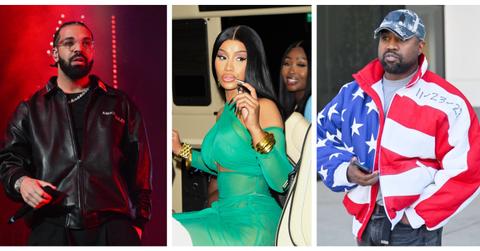
Behind the Music: These 6 Rappers Have No Shame in Sharing That They've Used Ghostwriters
Gone are the days when rappers who use ghostwriters were shamed into obscurity. These six rappers have shamelessly used ghostwriters for years.
By D.M.Jan. 2 2024, Published 10:51 p.m. ET
It was once frowned upon to have a ghostwriter, but many artists have helped to shift this narrative.
While some rappers proudly pen every line, others opt for a different approach to music production. As hip-hop evolves, a select few have decided to wear their collaborative efforts on their sleeves. However, the use of ghostwriters remains controversial, as rap aficionados are critical of the practice.
Kendrick Lamar discussed the topic during a conversation with Rolling Stone, suggesting that rappers who use ghostwriters could never call themselves “the best.”
“If you’re saying you’re a different type of artist and you don’t really care about the art form of being the best rapper, then so be it. Make great music,” he said. “But the title, it won’t be there.”
And while Kendrick may not be a fan of joint writing efforts, a lot of rappers are. Here is a list of rappers who have used ghostwriters during their careers.
Sugar Hill Gang
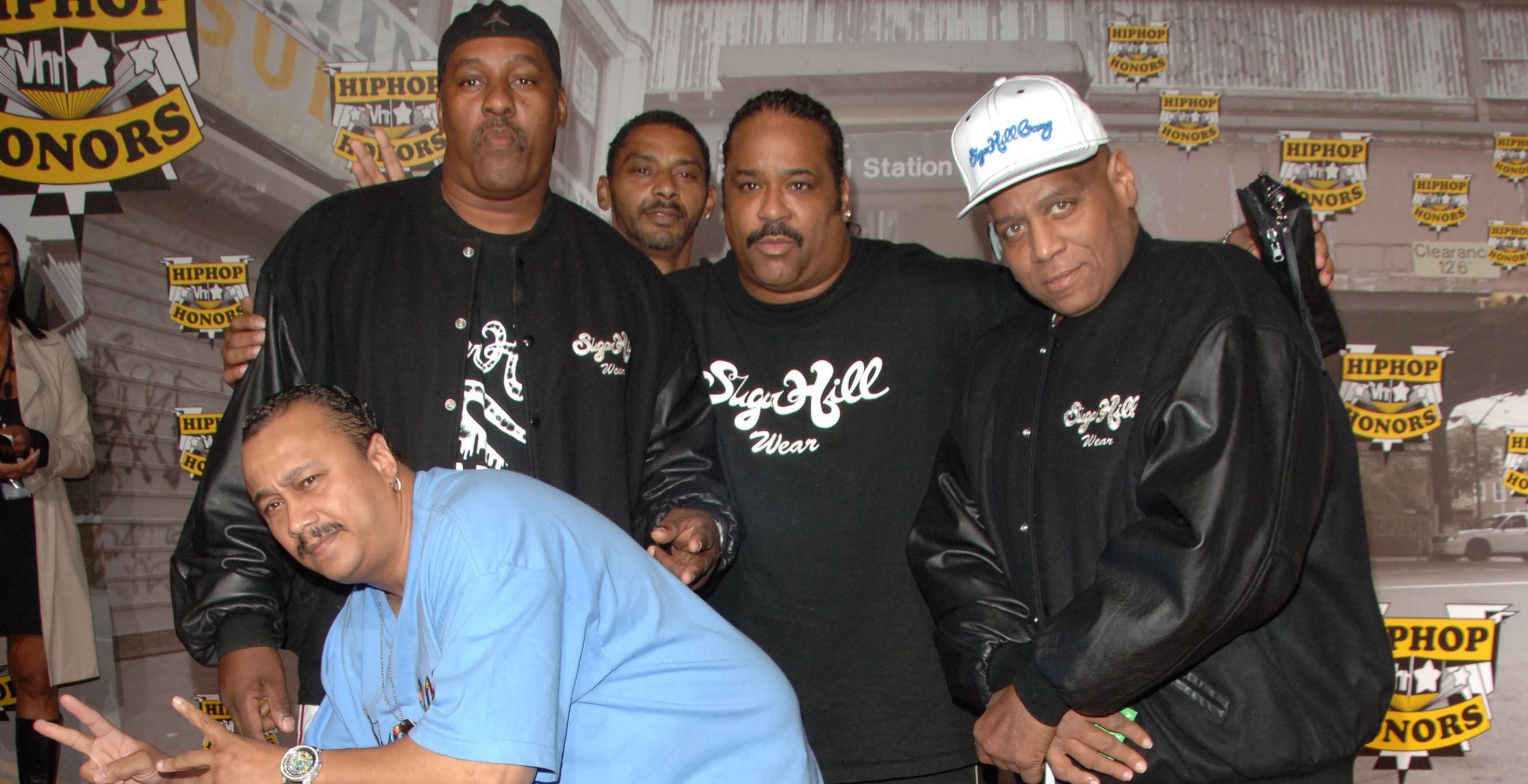
2006 VH1 Hip Hop Honors - Arrivals The Sugarhill Gang
Sugar Hill Gang is undoubtedly one of the most important acts in hip-hop history. However, their biggest hit, 1979’s “Rapper Delight,” contained lyrics that were allegedly penned by another artist. Rapper Grandmaster Caz claimed that Big Bank Hank used his verse to land a spot in the legendary hip-hop group.
“He was so much not an MC, he didn't even know enough to change the words around to spell his own name," Caz told BBC News. "He just copied it word for word.”
Drake
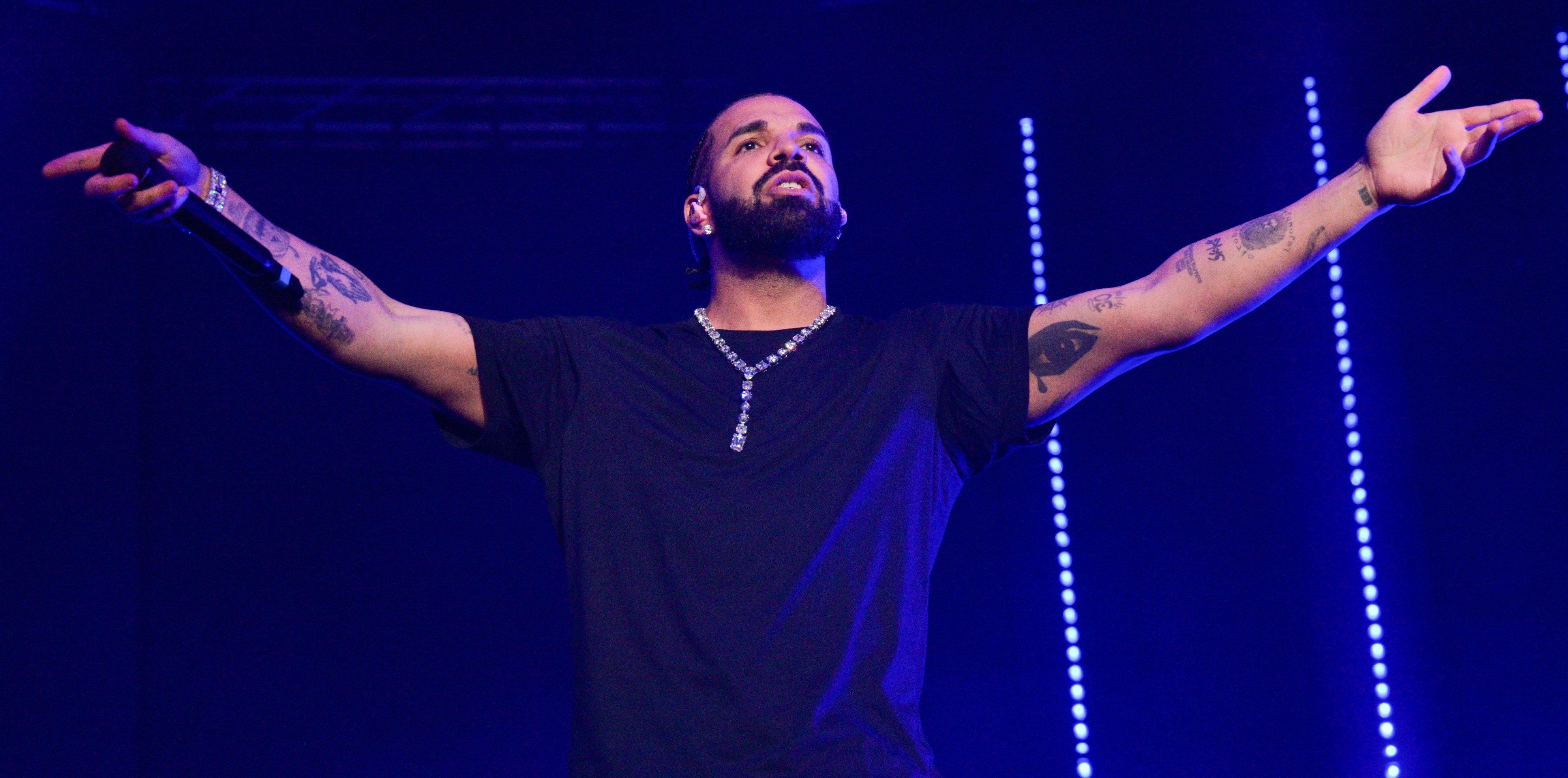
Rapper Drake performs onstage during "Lil Baby & Friends Birthday Celebration Concert"
Drake’s career has been littered with allegations that he secretly uses ghostwriters.
In addition to ghostwriting claims from Meek Mill during their infamous feud in 2018, the former Degrassi star was slammed by Quentin Miller – who worked on the rappers’ mixtape If You’re Reading This It’s Too Late.
Drake responded to the backlash, admitting to having worked with other writers while shooting down ghostwriting allegations. “Music is a collaborative thing,” he told Rap Radar.
Diddy
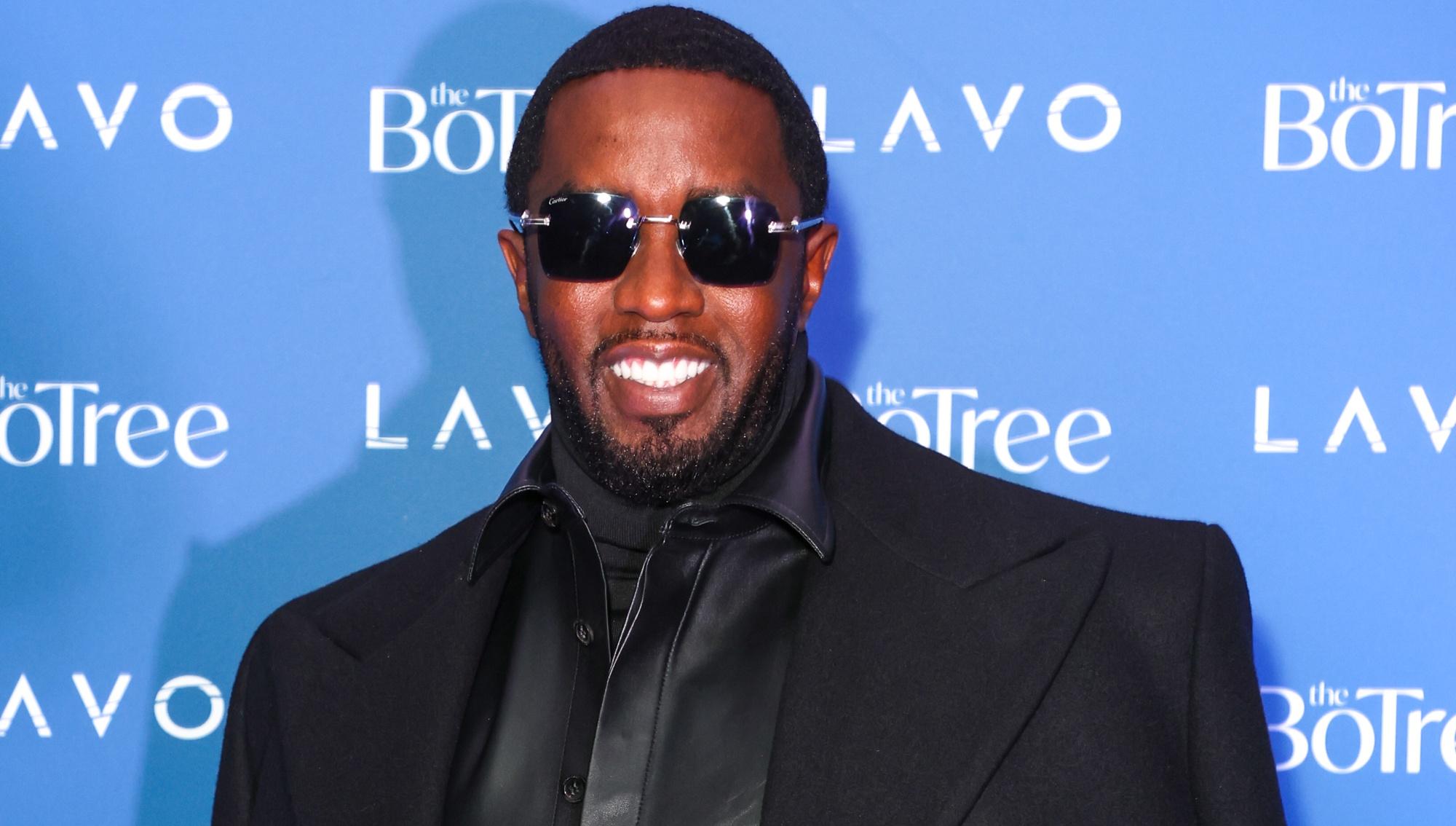
Sean Combs aka Diddy attends the celebration for Diddy's birthday and new album launch at LAVO
Diddy has made no secret of his ghostwriting ventures as the rap icon has worked with a slate of other artists to create his music catalog.
Rapper Aasim worked with Diddy on hits like “Nasty Girl,” and “Tell Me,” featuring Christina Aguilera. J. Cole famously wrote “I’m Coming Home,” and his version of the song remains available on YouTube.
Cardi B
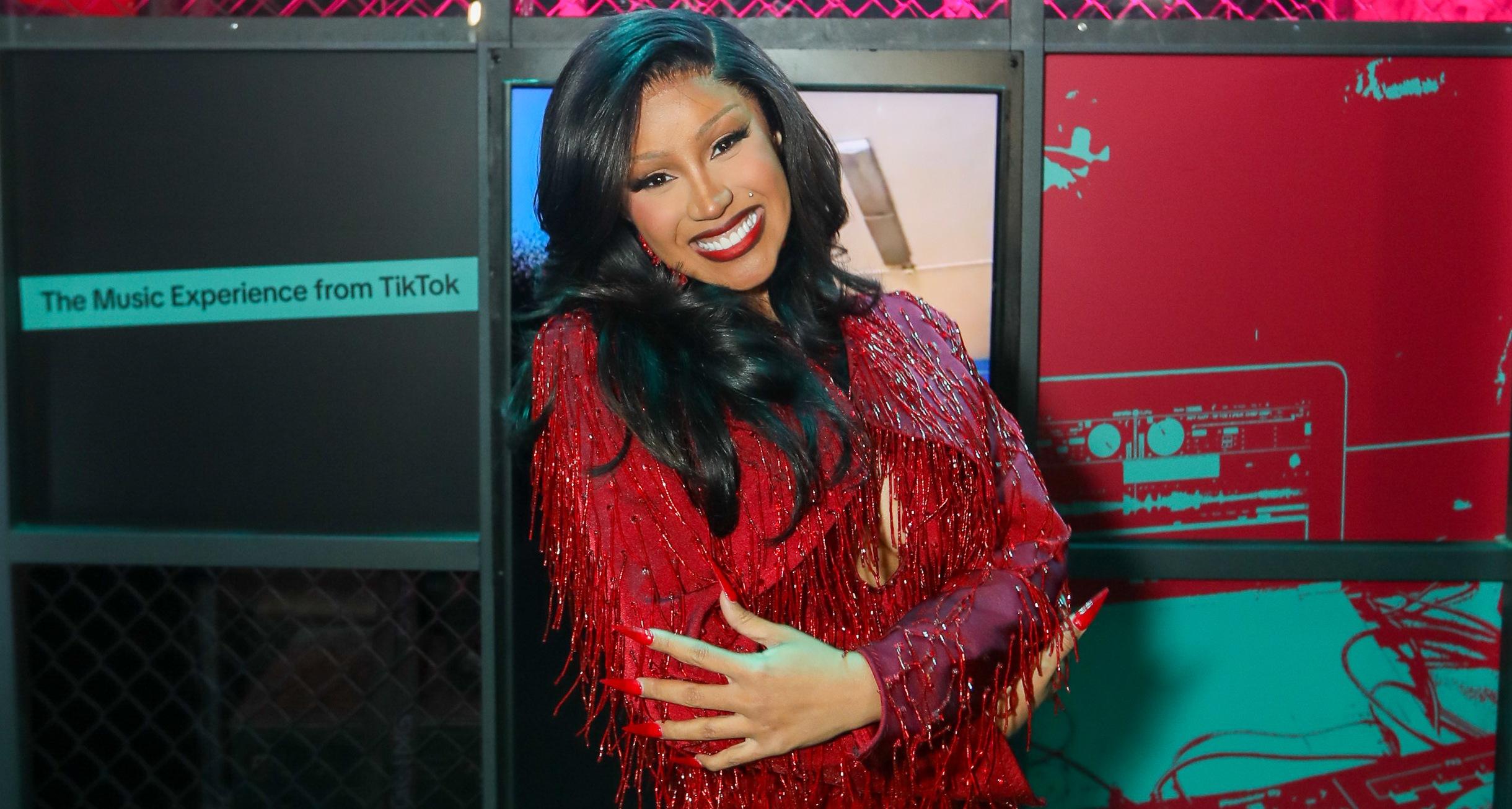
Cardi B poses backstage during TikTok In The Mix at Sloan Park
Like others on this list, Cardi B has pushed back against ghostwriting accusations.
Instead, the Bronx-born MC views her writing partners as musical collaborators. She has famously worked with Pardison Fontaine for tracks like “Be Careful” and “Money,” both of which were a joint effort.
“Yes just like every other artist I do have a couple [of writers] that help with hooks but I wrote plenty of songs on my album — [especially] my mixtape,” she tweeted.
Snoop Dogg
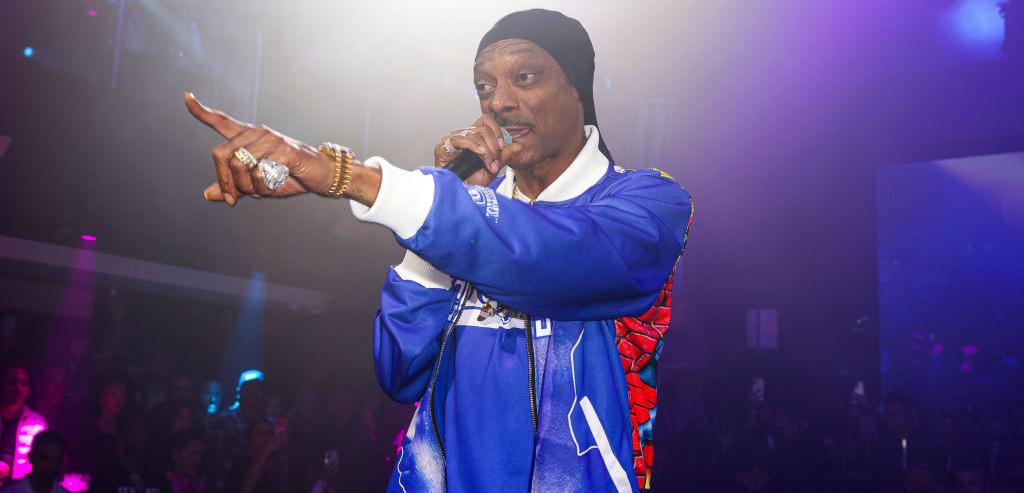
Snoop Dogg performs at E11EVEN Miami during Miami Art Week
Rap icon Snoop Dogg is never afraid to keep it real. In 2008, he admitted that he was inspired to use ghostwriters after hearing Diana Ross talk about her collaborations with other songwriters.
“Her biggest songs were written by somebody else,” Snoop explained to XXL (via Hip Hop DX). “So I’m thinking, Wow, there’s nothing wrong with my pen, but I’m going to let other people write for me.” He went on to admit that his hit song “Sensual Seduction” was written by producer Shawty Redd.
Kanye West
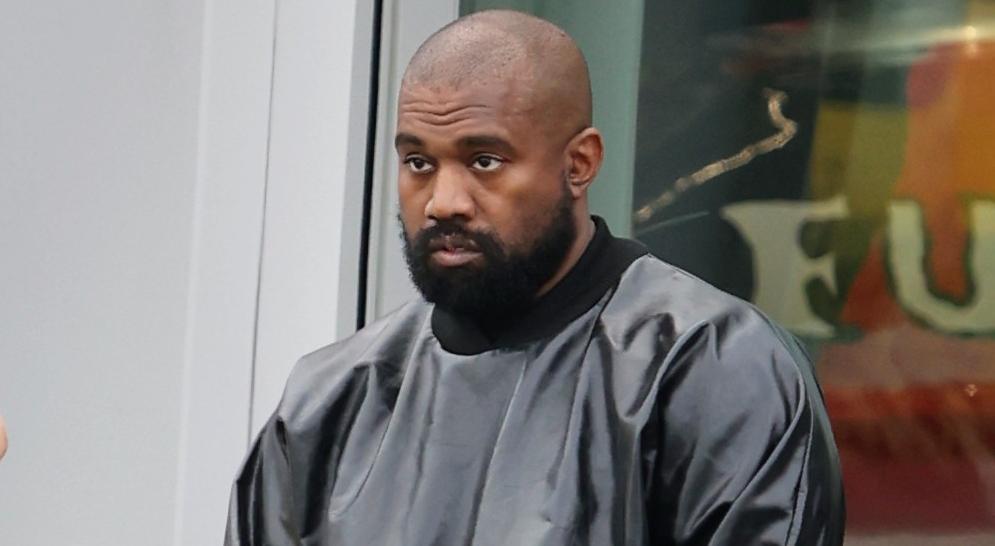
Kanye West is seen on May 13, 2023 in Los Angeles
Kanye “Ye” West has worked with a number of other artists since his career began and the efforts are always solid.
Ye’s 2004 single “Jesus Walks” was co-written by Rhymefest while “Whatever You Want” rapper Consequence is partially responsible for Ye’s song “Champion” from his Graduation album.
Lil’ Kim
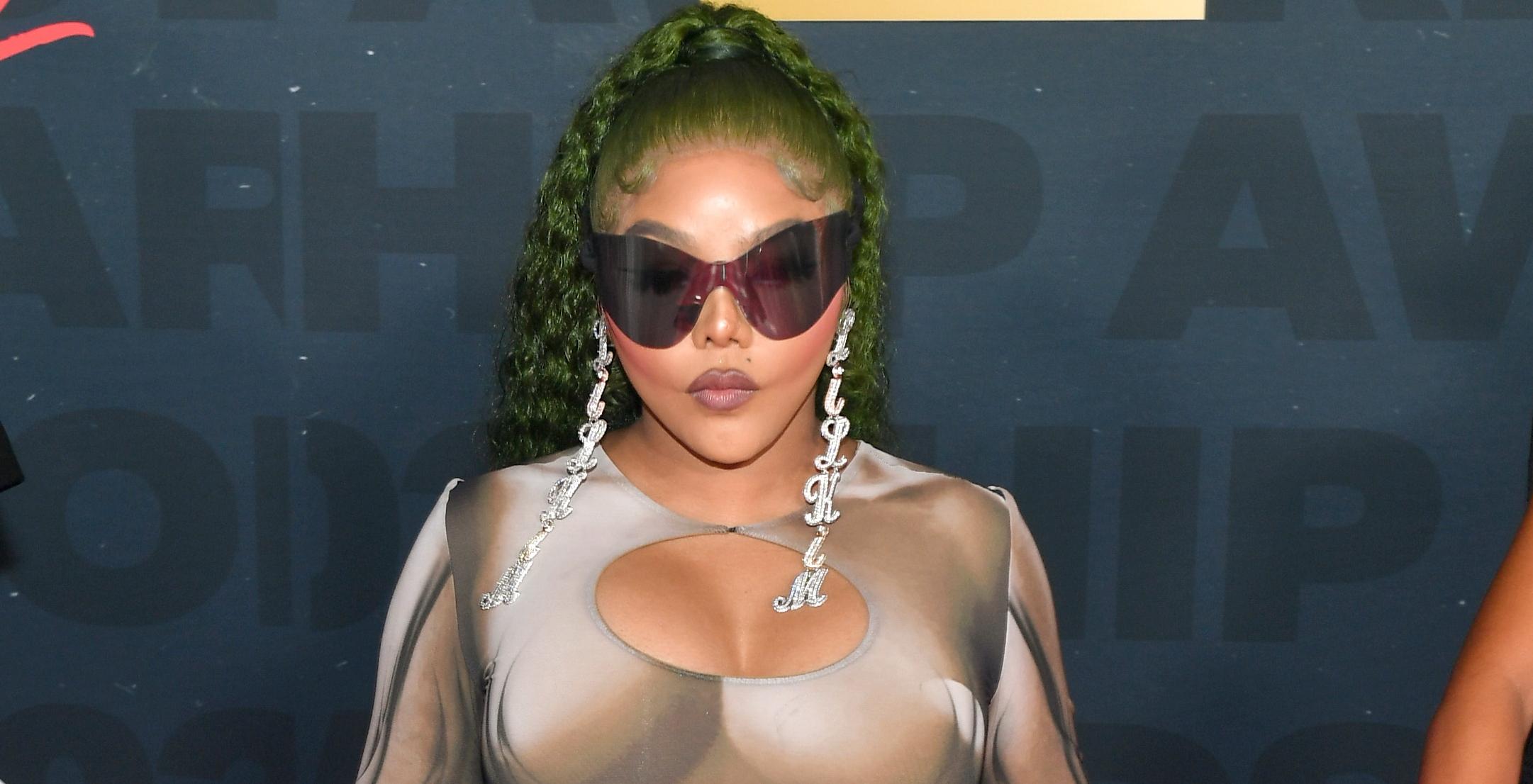
Lil Kim attends the BET Hip Hop Awards 2022
Lil’ Kim earned her stripes as one of the leading ladies of hip-hop in the 1990s. However, some of Kim’s verses were penned by other rappers. “Crush On You” was originally written by Cam’ron for Lil’ Cease – until the track was given to Kim.
Similarly, Biggie helped Kim create “Queen B---h” in 1996.
The author’s content and opinions have not been pre-reviewed, approved or endorsed by Discover.

